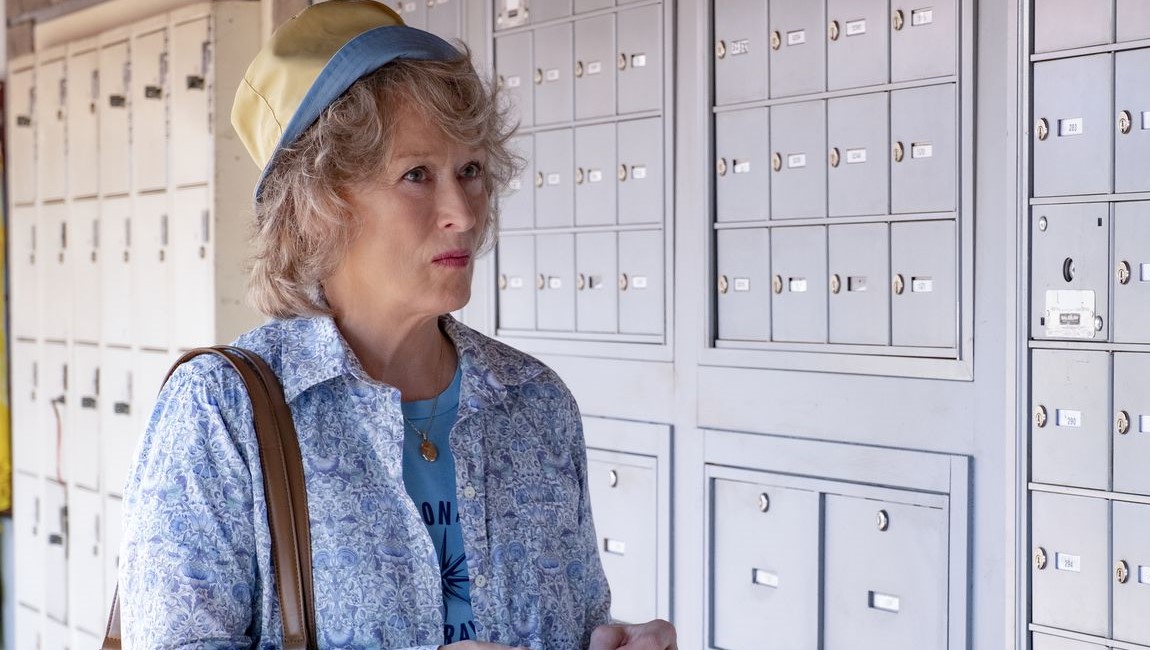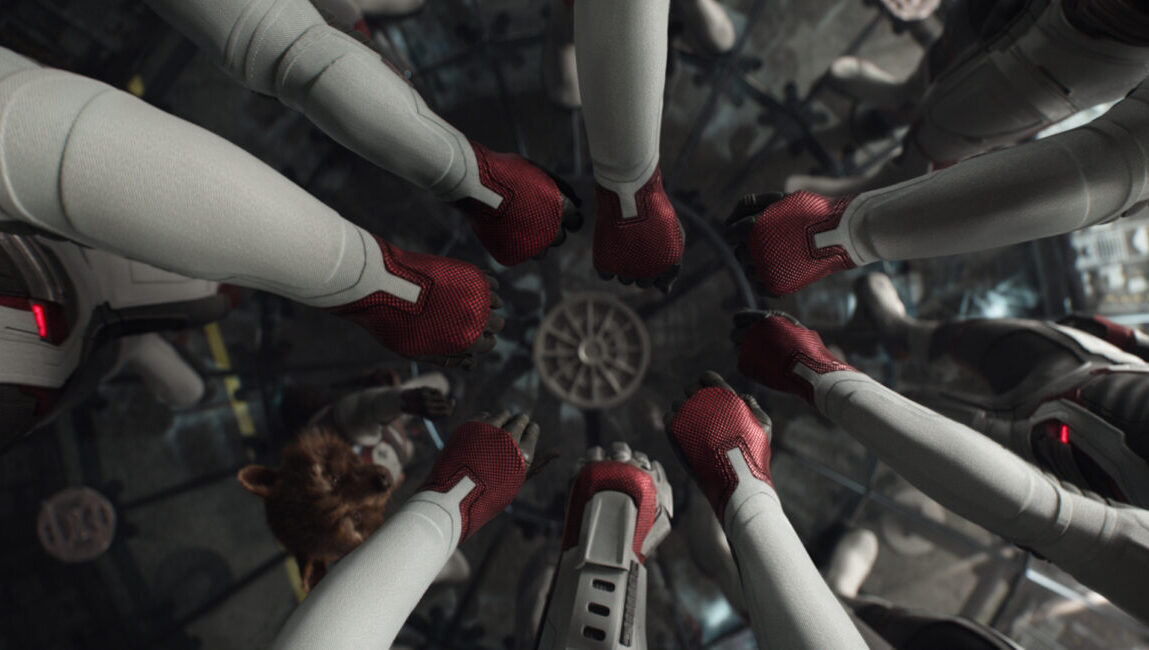The corrupt progress of global capitalism is and has been an inevitability for the past half century, its footprint visible in the bruises mottling the surface of society and making vulnerable all but the ultra-monied elite. The Laundromat takes aim at this reality and hopes its righteous fury will dupe audiences into ignoring its didacticism and shallowness. Coming from Steven Soderbergh, a dexterous director whose successful work in both blockbusters and micro-budgets has established him as skilled in finessing tone and modulating scale, The Laundromat is a surprising squall. All blunt force and torrential bluster, the film takes its eccentric structural cues from The Big Short, presenting a series of thematically-related episodes, all introduced through pithy maxims (“The Meek Are Screwed”) and further explicated by Jürgen (Gary Oldman) and Ramón (Antonio Banderas), the real-life duo whose nefarious activities were outed with the Panama Papers’ release.
And like McKay’s film, it has a similar pedagogical tendency, one rooted in a distrust of the audience’s capacity for understanding and interest in jargon-laced, white-collar criminality. But while in The Big Short, the specific instruction remained largely consequential and injected with interruptive levity, The Laundromat opts for something tawdrier and further removed from any educative aims — the sensationalized, villainous foibles of the rich, rendered with the slick artificial sheen of Hollywood. The film itself, and thus its narrative intricacies, is positioned as a performative sham, and moments that hold hypothetical resonance — a man bribing his own daughter with bearer shares to keep secret his infidelities — are instead played with smug, back-slapping broadness. Add to that any number of dubious distractions — a noble but miscalculated fourth-wall break, a confounding bit of actorly double-duty — and not much remains that Soderbergh, Streep, and company haven’t already fully chewed.
Published as part of September 2019’s Before We Vanish.







